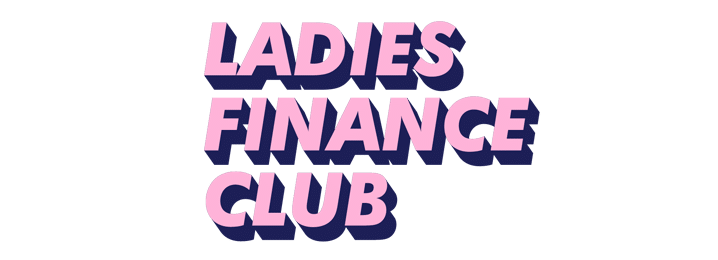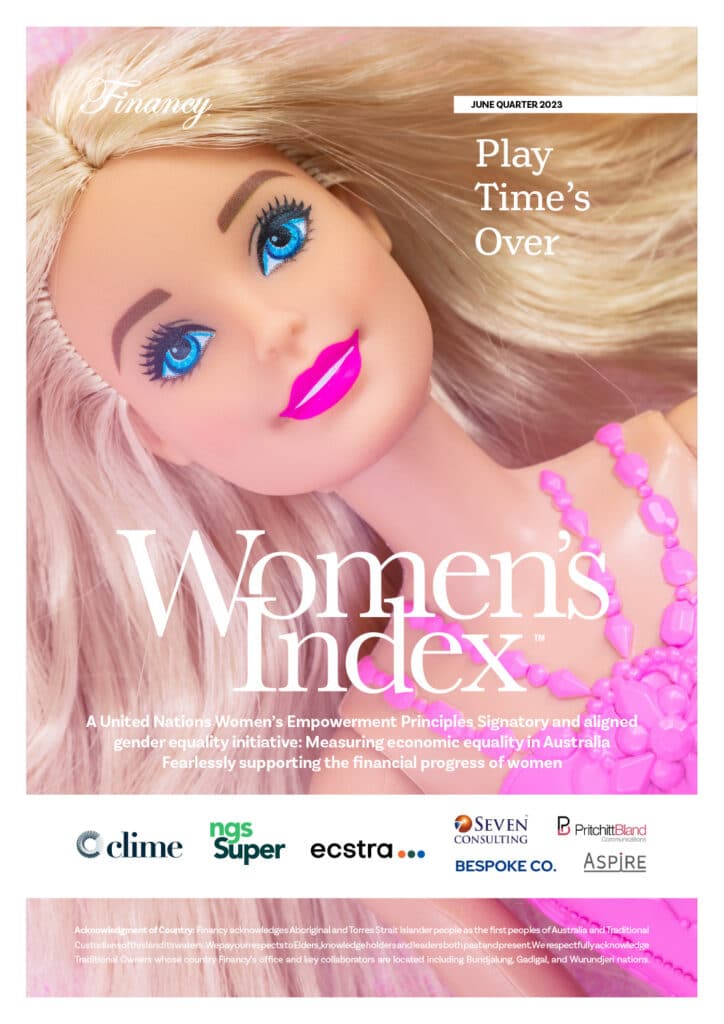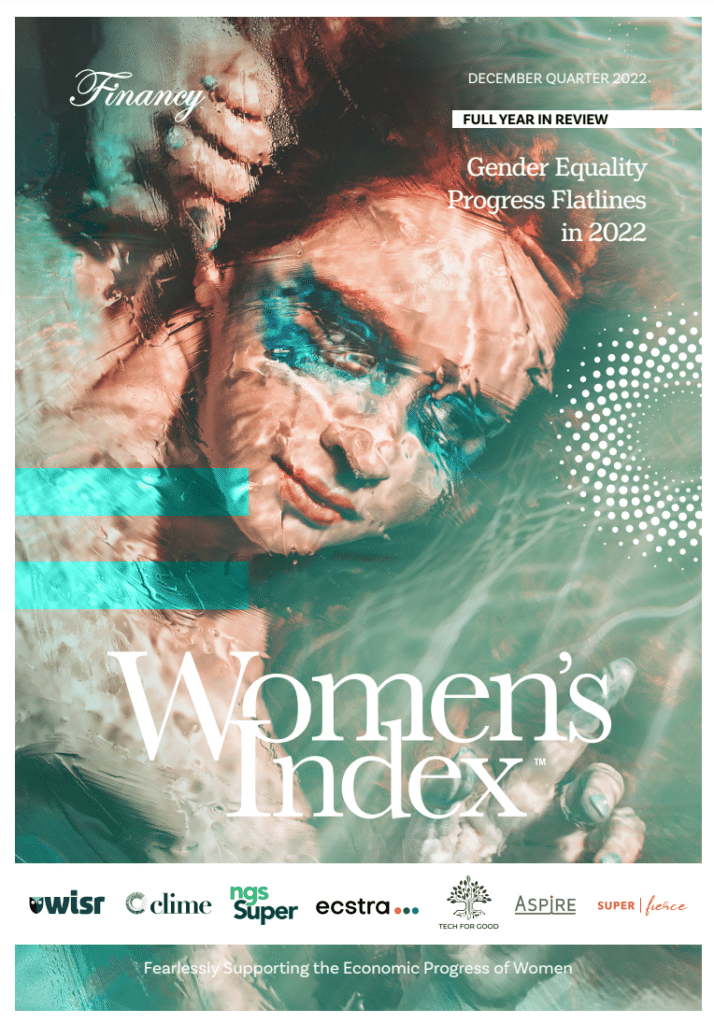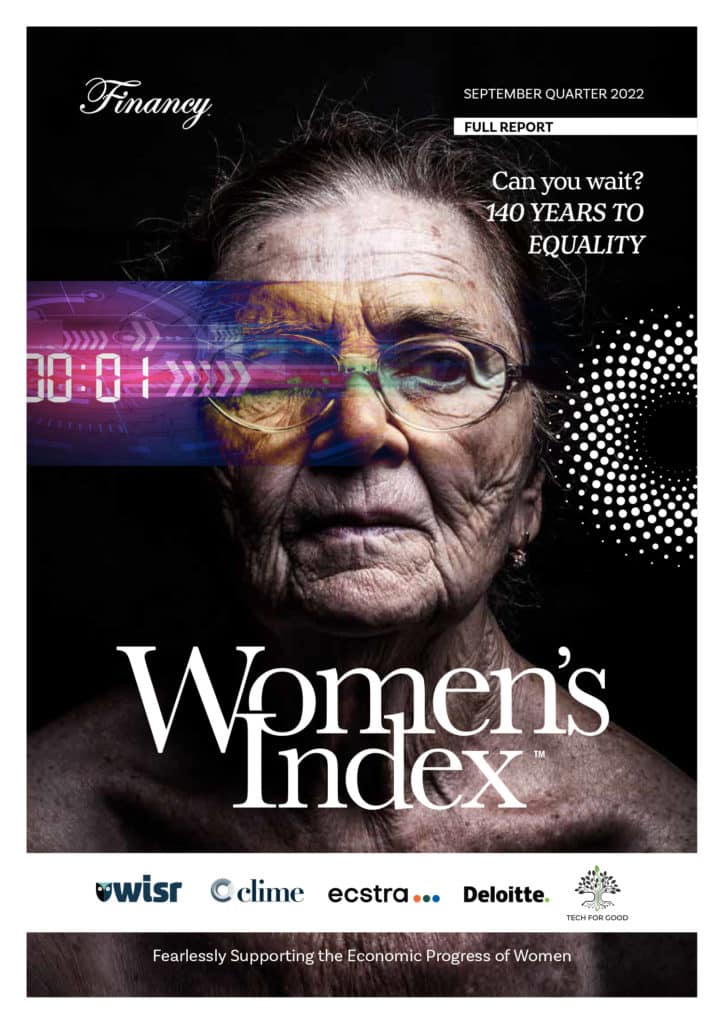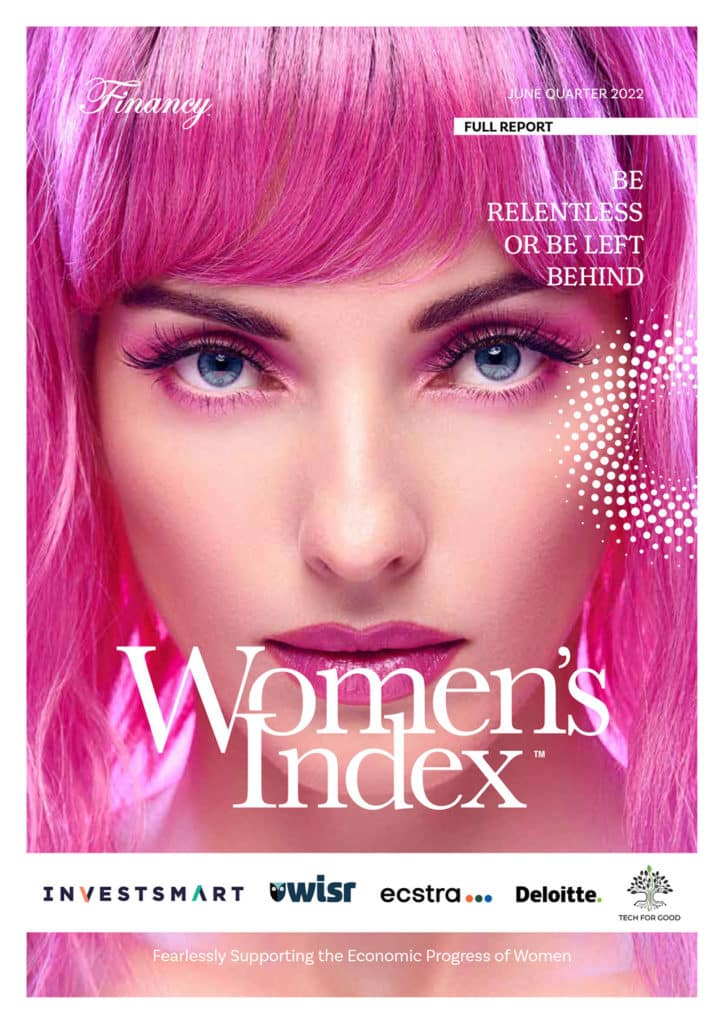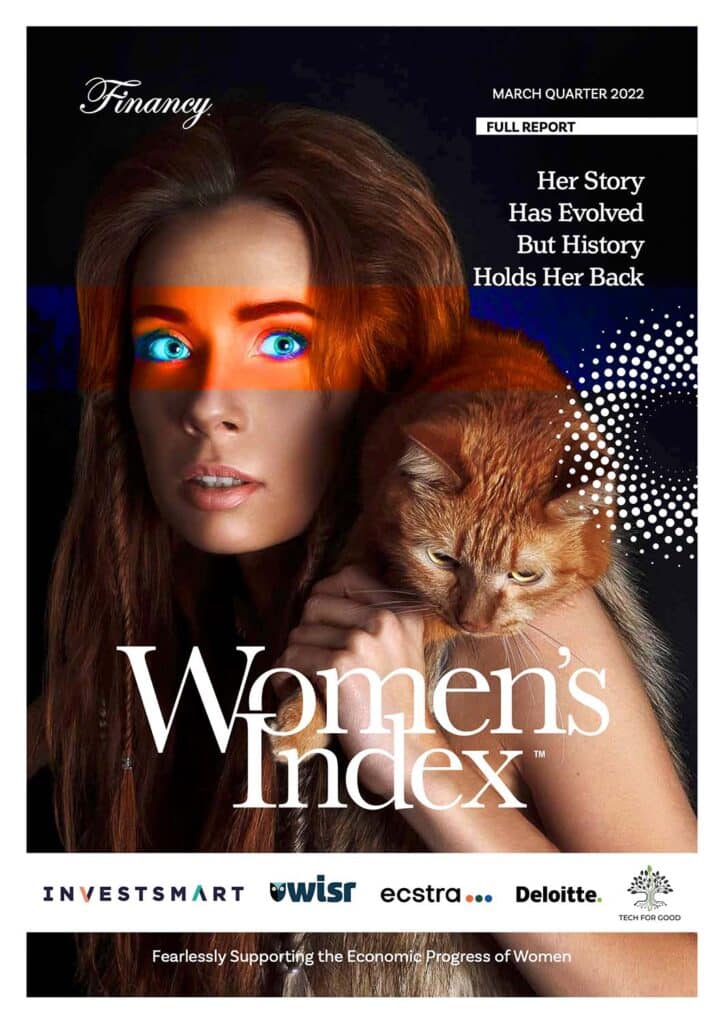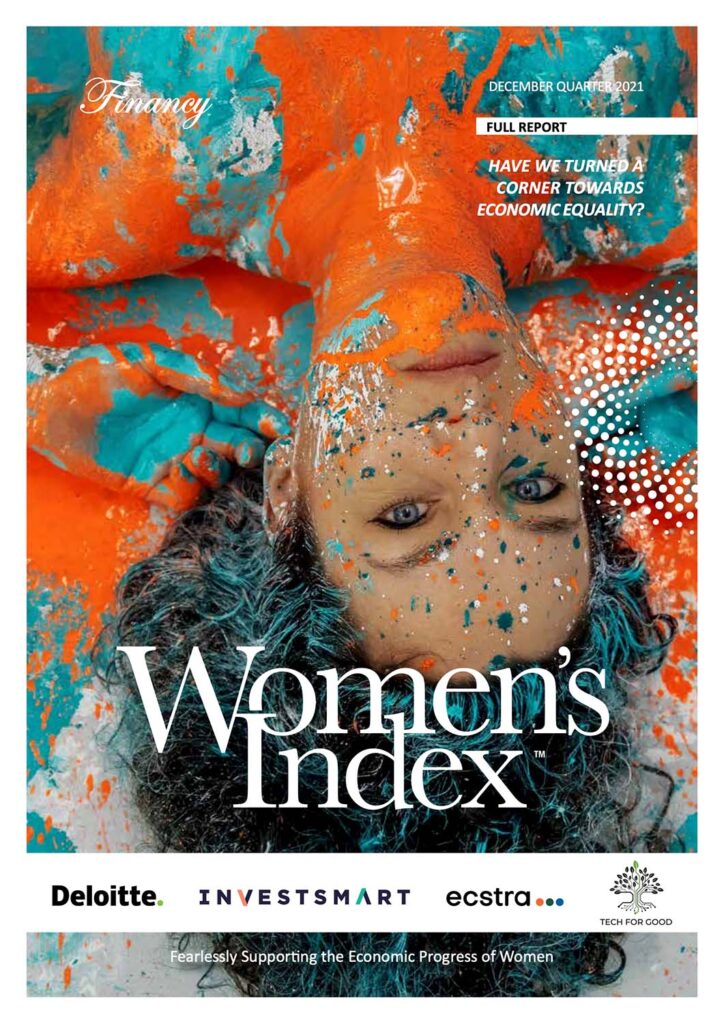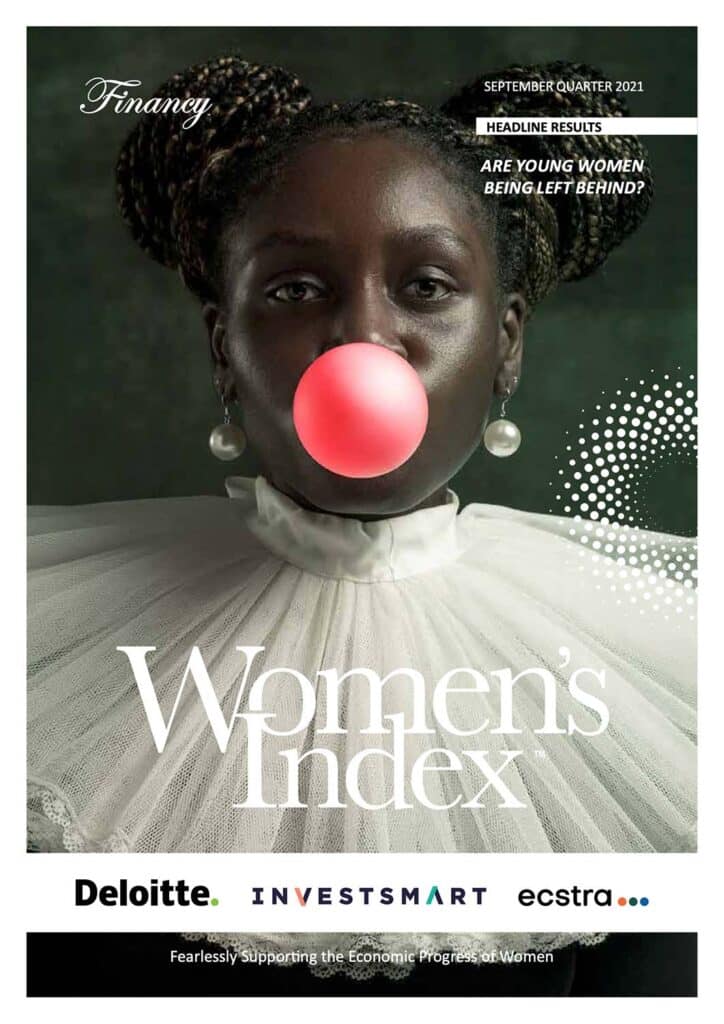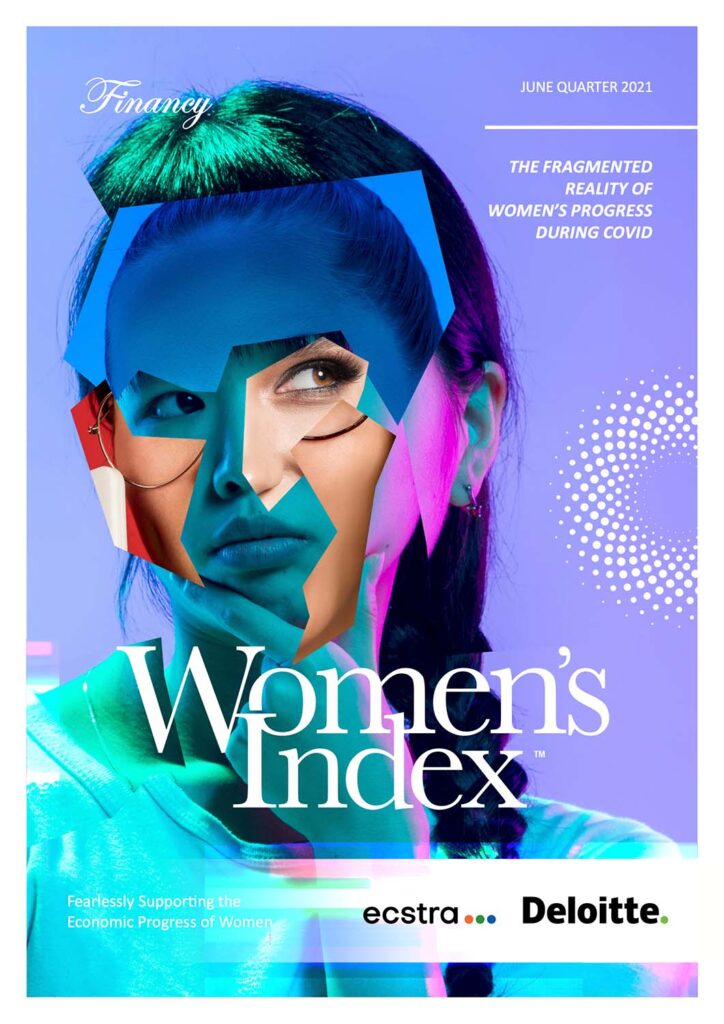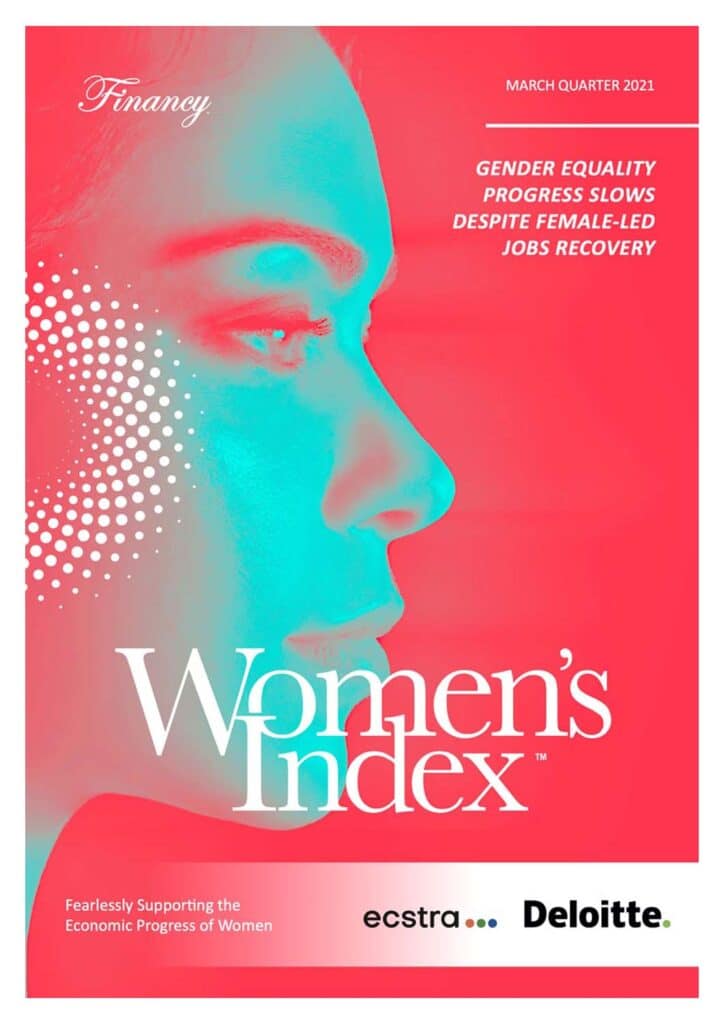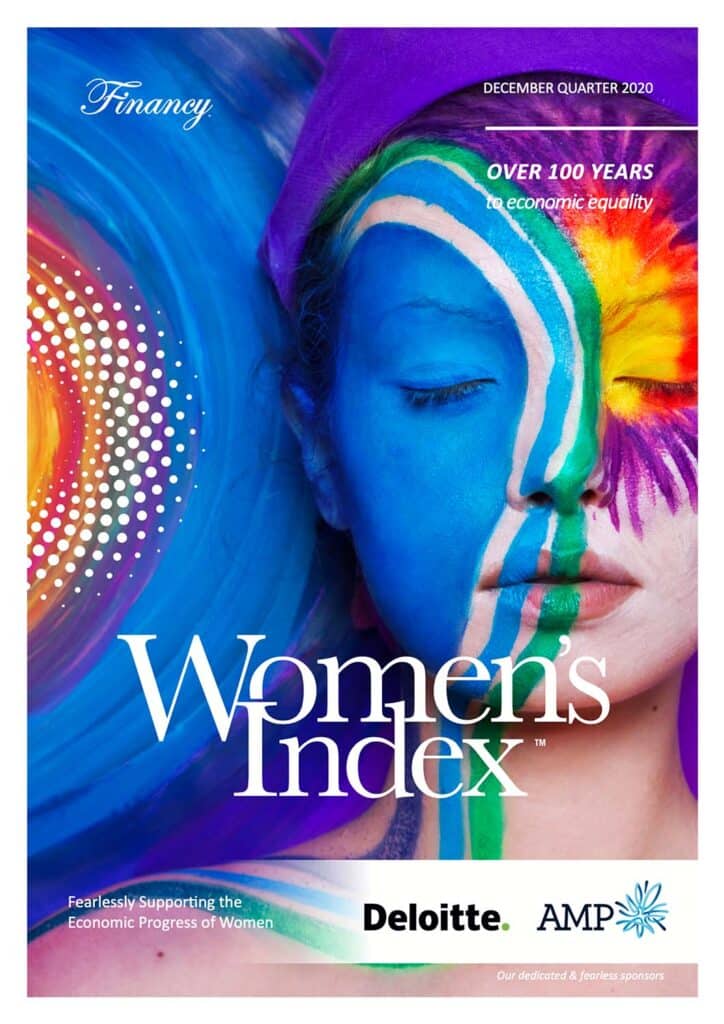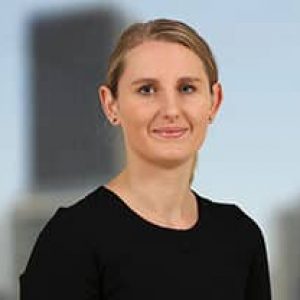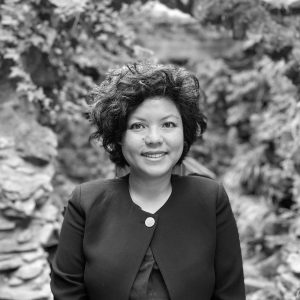Financy Women's Index
The Women’s Index measures the progress of Australian women and gender financial equality
Financial inequality is a major obstacle to the progress of women, families and future generations

About Financy Women's Index
How we’re tackling Financial Inequality
The Financy Women’s Index™ (FWX) is a quarterly measurement of the economic progress of women and time frames to gender financial equality in Australia.
The FWX provides a snapshot on equality across 7 critical areas and includes both drivers and indicators of progress.
The drivers are Education and Unpaid Work. The indicators are Unpaid Work (dual), Employment, Underemployment, Pay, Board Leadership and Superannuation.
The purpose of the Women’s Index™ is to help drive fearless discussion and action among women, men and key decision makers in the public and private sectors.
The Index is an independent initiative of Financy Pty Ltd, which is advocates for gender financial equality and provides the IMPACTER software to improve organisations performance on diversity, equity and inclusion.
The Index is supported by the FWX Advisory Committee members; Dr Shane Oliver, Simone Cheung, Prof Roger Wilkins, Dr Leonora Risse, Bruce Hockman, Rhiannon Yetsenga and Nicki Hutley.
The Index is proudly sponsored by NGS Super, the Ecstra Foundation, Aspire Planning, Seven Consulting, Bespoke Co and PritchittBland Communications.
Creative works are produced by We Are Why Pty Ltd.
Ultimately, the purpose of the Index is to help inspire women to live more courageously and confidently – to be Fearless.
Lastest Results
What do the latest FWX insights tell us about economic equity?
Australia’s progress toward financial gender equality has reached a new high, with the latest Financy Women’s Index (FWX) hitting 79.44 points in the September quarter.
The result, up 0.12 points from 79.32 points in June, was primarily driven by a sharp improvement in female underemployment and a narrowing of the gender gap in lifetime superannuation savings.
The Underemployment sub-index delivered the quarter’s strongest performance, rising 0.8 points to 75.3 points. This shift suggests an easing of financial pressures on the homefront and that more women are securing their desired working hours, with the female underemployment rate falling 1.5 percentage points.
Superannuation Gap Closing: The outlook for women’s long-term financial security also brightened. The Superannuation sub-index rose 0.6 points to 79.2 points, aided by a revised dataset from the ATO and improved female wage growth.
Consequently, the estimated timeframe to close the gender gap in superannuation savings has fallen to 13.9 years, down from 17 years previously. It is now the second-shortest timeframe to equality of any index after ASX 200 Boards at 4.7 years. The median timeframe to economic equality is 21.2 years.
Key Results
- Record High: The Financy Women’s Index (FWX) rose 0.12 points to a fresh high of 44 points out of 100 in the September quarter.
- Superannuation Gender Gap Narrows: The Superannuation sub-index was a standout performer, gaining 0.6 points. The estimated timeframe to achieve gender equality in superannuation has dropped significantly to 13.9 years (down from 17 years).
- Headwinds: Despite the record result, a crisis of confidence in the childcare sector and stalling board diversity suggest that progress is “fragile,” with early signs of women stepping back from full-time work.
- Boards Stalled: Progress on ASX 200 Boards has flatlined. The sub-index remained stalled at 1%, marking a second consecutive quarter of zero growth and signalling “gender diversity complacency” at the top.
- Call to Reform: The report calls for structural reforms to lock in these gains, including urgent action on childcare quality and investor pressure on stagnant boards.
Financy Women’s Index by Quarter
Financy Women’s Index by Year
Years to Economic Gender Equality
The median timeframe to achieving total gender equality in Australia is 24 years. But the largest timeframe is 139 years based on progress rates in Education.
Meet the FWX
Advisory Committee
The Financy Women’s Index is supported by an Advisory Committee, who believe in gender equality and the importance of measuring women’s financial progress. The Committee meets regularly to discuss the data findings and the best way forward for the Index to ensure it is as reliable and informative as possible.
The FWX Advisory Committee

Rhiannon Yetsenga
Manager Deloitte Access Economics

Dr Leonora Risse
Senior Lecturer in Economics at RMIT University
Leonora is an economist who specialises in gender equality. She is a Research Fellow with the Women’s Leadership Institute Australia and a co-founder of the Women in Economics Network in Australia. Her research focuses on evidence-based strategies to close gender gaps in economic outcomes.

Dr Shane Oliver
Chief Economist and Head of Investment Strategy at AMP

Nicki Hutley
Independent Economist

Simone Cheung
Partner in Deloitte Access Economics and leads the Health Economics and Social Policy team in NSW

Bruce Hockman
former Chief Economist of the Statistical Services Group at the Australian Bureau of Statistics


















